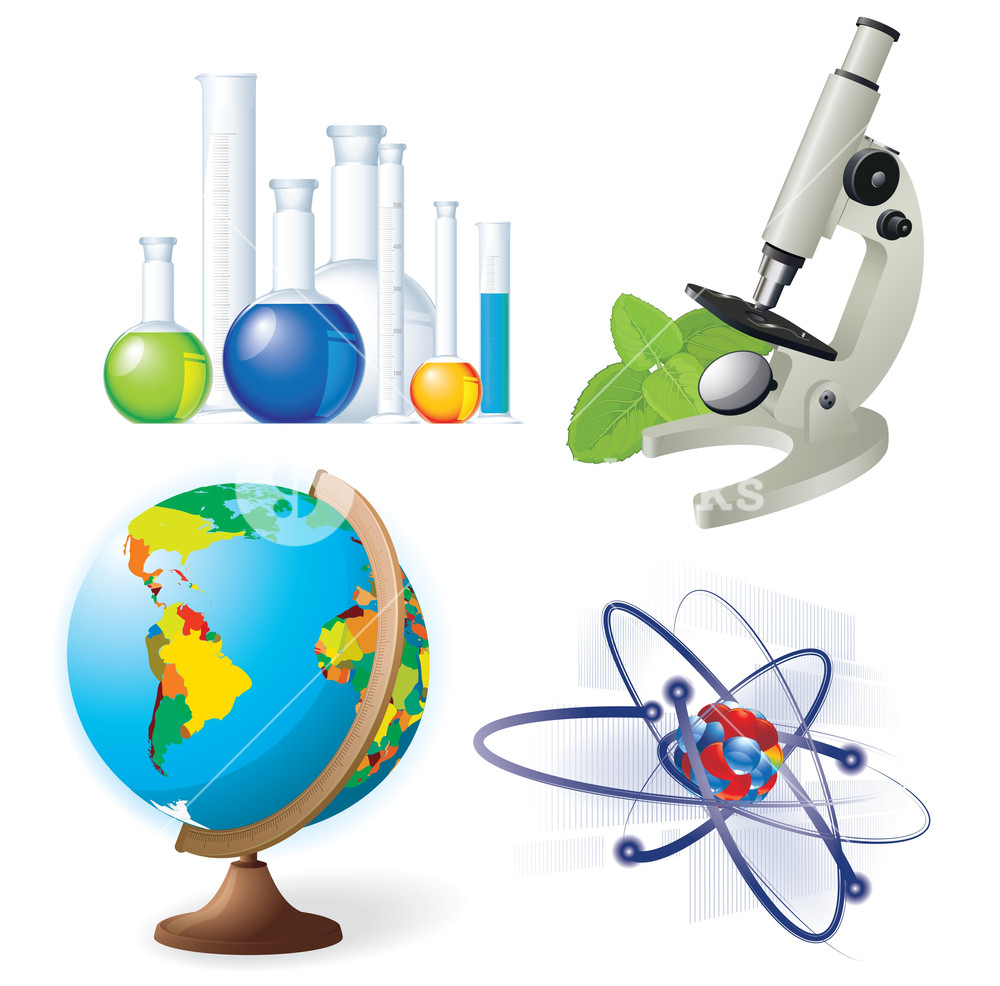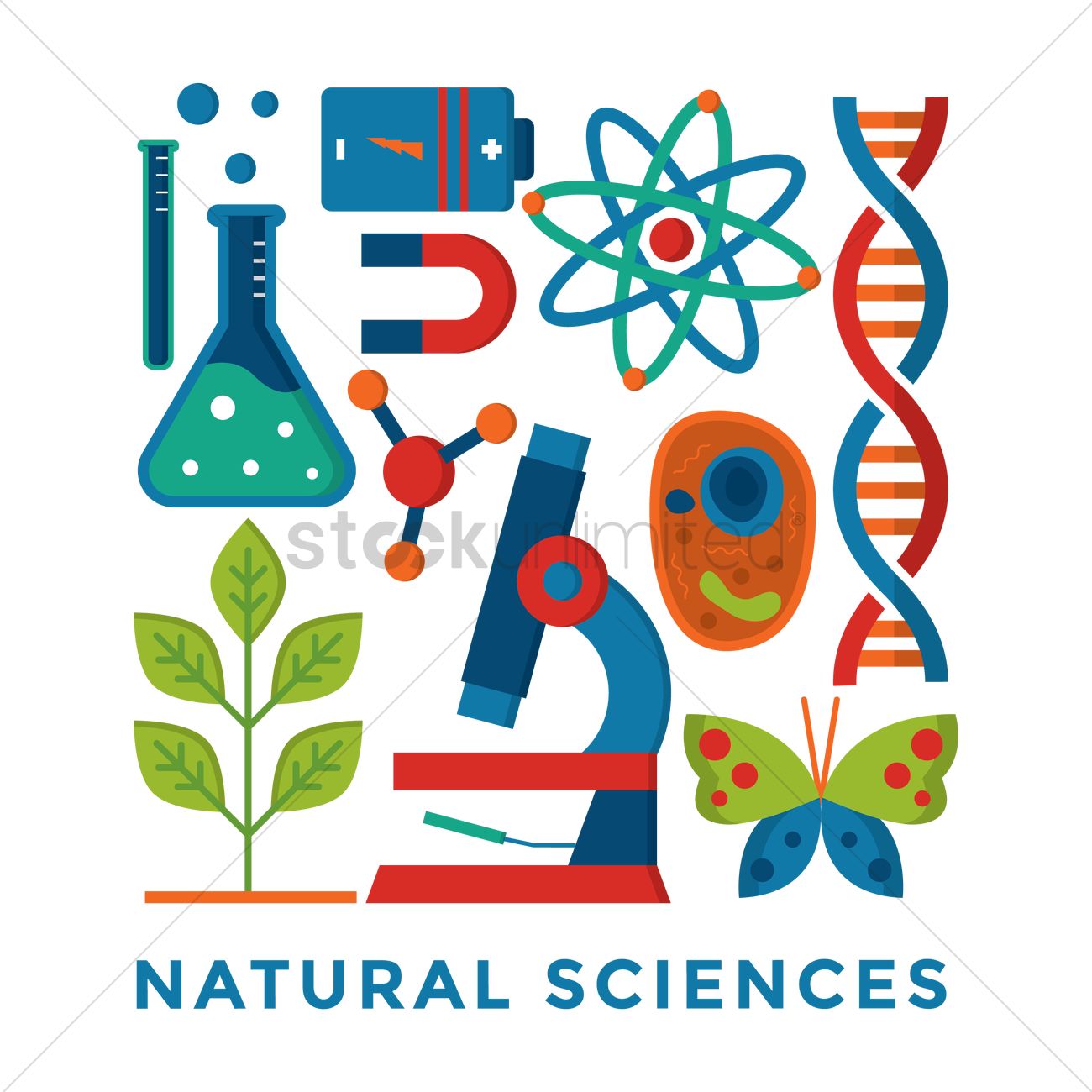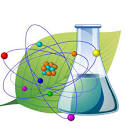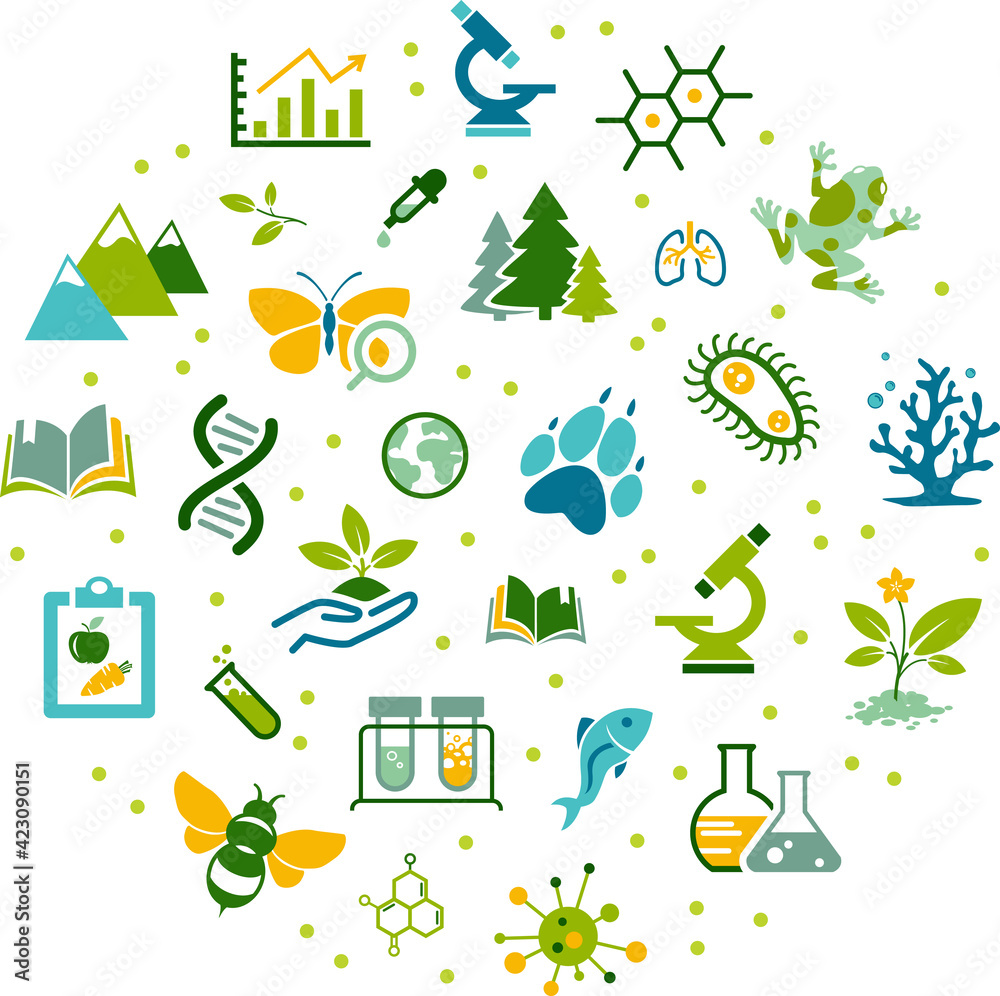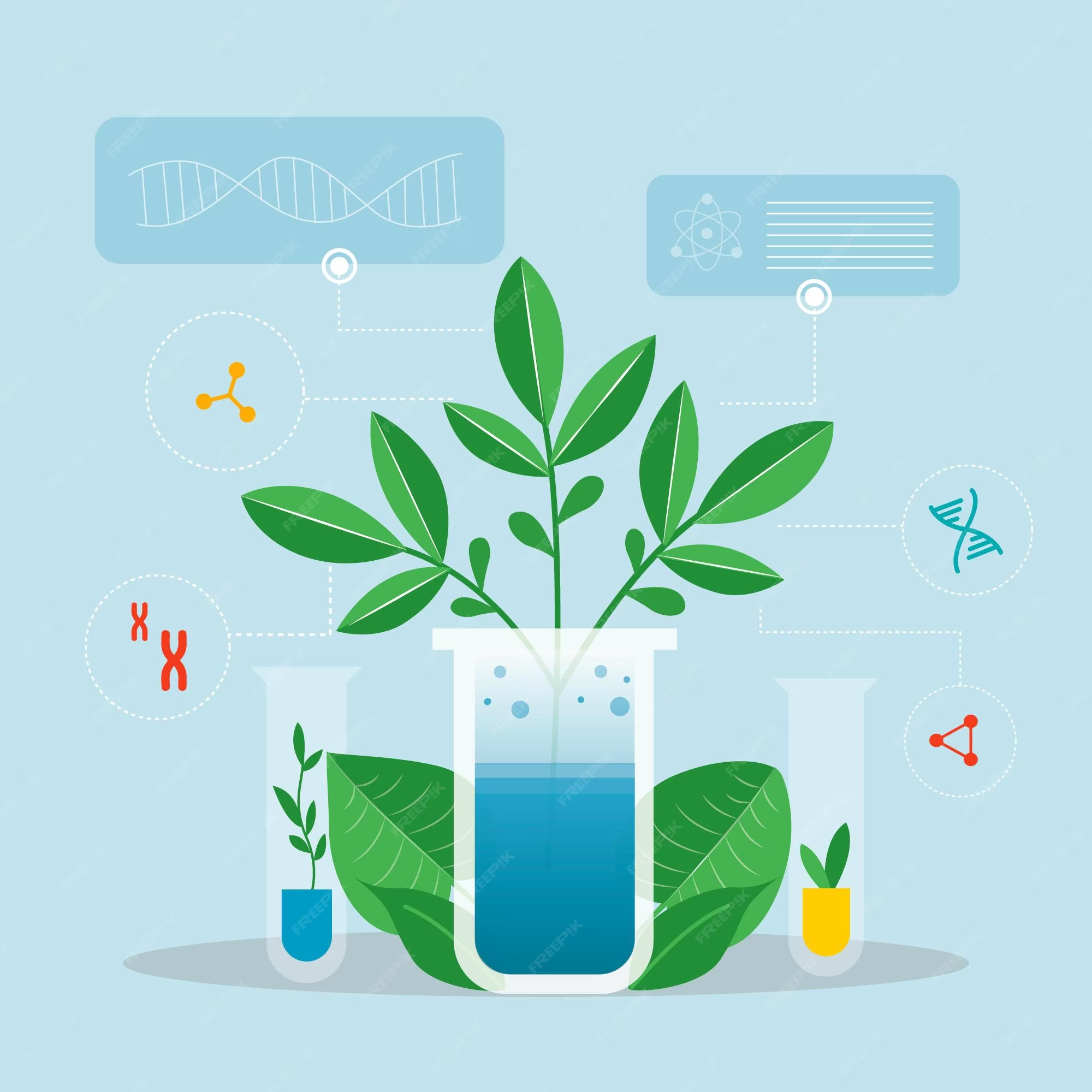Introduction
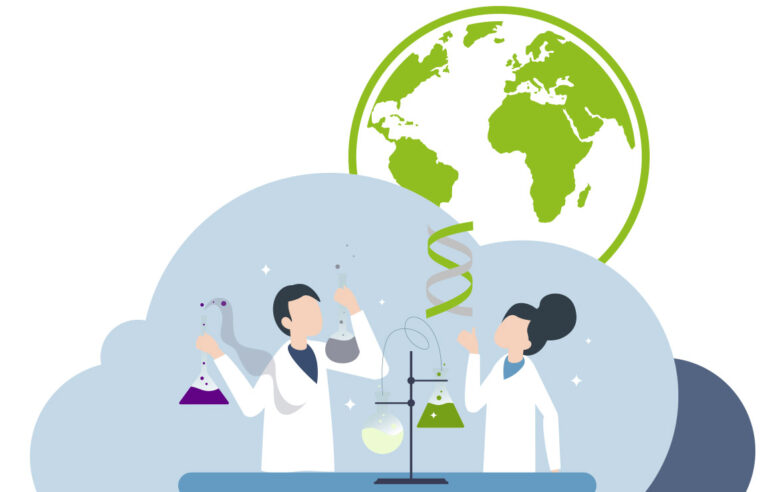
Introduction
"Natural sciences" is a broad term that encompasses several scientific disciplines focused on understanding the natural world. These disciplines are characterized by their empirical and evidence-based approaches to study, which involve systematic observation, experimentation, and the development of theories and models to explain natural phenomena. The main branches of natural sciences include:
Physics: Physics is the study of the fundamental principles governing the behavior of matter and energy in the universe. It explores concepts like motion, forces, energy, and the fundamental laws of nature, such as Newton's laws and the theory of relativity.
Chemistry: Chemistry examines the composition, structure, properties, and changes of matter. It investigates the interactions between different elements and compounds, as well as chemical reactions and the periodic table of elements.
Biology:
Biology is the study of living organisms and life processes. It includes various sub-disciplines like genetics, ecology, microbiology, botany, and zoology, focusing on the diversity, evolution, and functions of life forms.
Geology:
Geology deals with the Earth's structure, composition, and history. It studies processes like plate tectonics, rock formation, and the evolution of the Earth's surface.
Astronomy:
Astronomy explores the universe beyond Earth, including the study of stars, planets, galaxies, and cosmology. It involves the use of telescopes and other observational tools.
Meteorology:
Meteorology is the science of the atmosphere, weather, and climate. It investigates atmospheric phenomena, weather patterns, and long-term climate trends.
Environmental Science:
Environmental science focuses on the interactions between humans and the environment. It addresses issues such as conservation, pollution, climate change, and sustainability.
Oceanography:
Oceanography studies the world's oceans, including their physical, chemical, biological, and geological aspects. It encompasses marine biology and marine geology.
Botany:
Botany is the study of plants, including their classification, growth, reproduction, and ecological roles.
Zoology:
Zoology is the study of animals, covering aspects like their classification, behavior, physiology, and evolution.
Ecology:
Ecology examines the relationships between living organisms and their environments, emphasizing the study of ecosystems and the impact of human activities on the natural world.
Neuroscience:
Neuroscience delves into the structure and function of the nervous system, including the brain, neurons, and neural processes.
Mathematics:
Although not always considered a natural science, mathematics plays a crucial role in understanding and modeling natural phenomena in various scientific fields.
These natural sciences often overlap and interact with one another, contributing to a holistic understanding of the world. Advances in technology and interdisciplinary research have further blurred the boundaries between these disciplines, leading to new fields like biophysics, biochemistry, and environmental chemistry, which combine elements of multiple natural sciences to address complex questions. Natural Sciences Content 3000 Words The natural sciences are a branch of science that study the physical world and its phenomena. They include biology, chemistry, physics, and earth science. The natural sciences are essential to our understanding of the world around us, and they have played a vital role in human progress.Earth Science
Earth science is the study of the Earth and its systems. It includes geology, meteorology, oceanography, and climatology. Earth scientists study the composition and structure of the Earth, the processes that shape it, and the life that it supports.
The Natural Sciences and Human Progress
The natural sciences have played a vital role in human progress. They have led to the development of new technologies that have improved our lives in countless ways. For example, the development of antibiotics has saved millions of lives, and the development of new agricultural technologies has allowed us to produce more food with fewer resources.
The natural sciences have also helped us to understand the world around us better. This knowledge has allowed us to develop new ways to protect the environment and to conserve our natural resources.
Challenges Facing the Natural Sciences
The natural sciences face a number of challenges in the 21st century. One of the biggest challenges is climate change. Climate change is a complex problem that requires a deep understanding of the natural world. Natural scientists are working hard to develop solutions to the climate crisis.
Another challenge facing the natural sciences is the increasing prevalence of disease. New diseases are emerging all the time, and existing diseases are becoming more resistant to treatment. Natural scientists are working to develop new drugs and vaccines to combat these diseases.
The Future of the Natural Sciences
The natural sciences are constantly evolving. New discoveries are being made all the time, and new technologies are being developed. The natural sciences will continue to play a vital role in human progress in the years to come.
Here are some specific examples of how the natural sciences are being used to address challenges facing humanity today:
Climate change: Natural scientists are working to develop new ways to reduce greenhouse gas emissions and to adapt to the effects of climate change. For example, they are developing new renewable energy technologies and developing new crops that are more resistant to drought and other climate-related stresses. Disease: Natural scientists are working to develop new drugs and vaccines to combat diseases such as malaria, HIV/AIDS, and cancer. They are also working to develop new ways to diagnose and treat diseases. Food security: Natural scientists are working to develop new agricultural technologies that will allow us to produce more food with fewer resources. They are also working to develop new crops that are more nutritious and that are more resistant to pests and diseases. The natural sciences are essential to our understanding of the world around us and to our ability to address the challenges facing humanity today. By supporting the natural sciences, we can create a better future for ourselves and for generations to come.
Here are some additional topics related to the natural sciences that you may find interesting:
The origin of life: Biologists are studying the origins of life on Earth. They are trying to understand how the first living organisms arose from non-living matter. The human brain: Neuroscientists are studying the structure and function of the human brain. They are trying to understand how the brain works and how it gives rise to our thoughts, feelings, and actions. The universe: Astronomers are studying the universe and its contents. They are trying to understand how the universe arose and how it evolved over time. Artificial intelligence: Artificial intelligence (AI) is a field of computer science that deals with the creation of intelligent agents, which are systems that can reason, learn, and act autonomously. AI researchers are working to develop AI systems that can be used to solve a wide range of problems, including problems in the natural sciences.
Natural Science Gallery
Natural science is a branch of science that is concerned with understanding the natural world and the physical and biological processes that occur in it. It is a broad field of study that encompasses several scientific disciplines, including physics, chemistry, biology, astronomy, geology, and more.

Importance of Natural Science
Studying natural science is vital as it helps you acquire analytical skills, critical thinking skills and gives you an understanding of the natural world.


